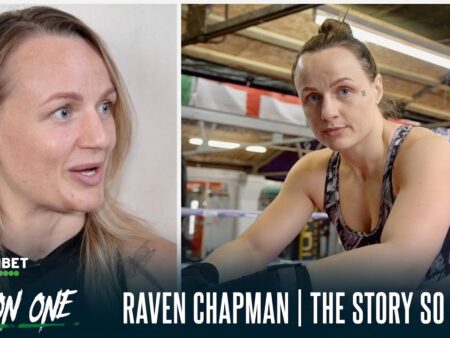UFC CEO Dana White, a man synonymous with combat sports disruption, has officially declared his intent to dive headfirst into the world of professional boxing. With the launch of Zuffa Boxing, White isn`t just entering a new market; he`s aiming to tackle the sport`s long-standing systemic issues head-on, promising a new era for the “sweet science.”
The Diagnosis: Boxing`s Perennial Ailments
White, a keen observer and a lifelong fan of combat sports, articulated a diagnosis that resonates with many disheartened boxing enthusiasts. His critique isn`t novel, but his position gives it undeniable weight. According to White, boxing`s descent from its golden age – an era characterized by legendary matchups like Hagler vs. Hearns – began when financial complexities and organizational fragmentation started dictating the sport`s trajectory.
The core issue? Top fighters, often from different promotional stables, simply weren`t fighting each other. This isn`t merely a matter of scheduling; it`s a labyrinth of competing interests, promotional rivalries, and, as White pointed out, the often-convoluted influence of various sanctioning bodies. When the best fail to compete against the best, the sport inevitably suffers, diminishing its appeal and frustrating its most loyal fans.
Beyond the professional ranks, White also highlighted a critical breakdown at the grassroots level: the decline of amateur boxing, particularly in the United States. Amateur programs are the lifeblood of any sport, serving as the proving ground and developmental pipeline for future champions. A robust amateur system ensures a steady stream of talent, honed and ready for the professional stage. Its weakening is a bellwether for deeper structural problems.
The Disruptor`s Prescription: A UFC Blueprint for Boxing?
White`s history with the UFC provides a compelling precedent for his ambitions in boxing. When he and the Fertitta brothers acquired the then-struggling Ultimate Fighting Championship, MMA was a niche, often misunderstood, and largely unregulated sport. White’s formula for success was simple yet revolutionary: identify top talent, put on consistently compelling fights, centralize promotion, and deliver a polished product to a broad audience, primarily through a strong television presence.
His philosophy, as he states, involves taking what he “loved” and “hated” from boxing and applying those lessons. The implication is clear: less promotional infighting, fewer roadblocks to mega-fights, and a streamlined approach to building stars and events. While the UFC operates under a single banner, controlling most aspects of fighter contracts and matchups, boxing`s deeply entrenched, multi-faceted ecosystem presents a far more formidable challenge. It’s an undertaking that some might call quixotic, others, audacious.
The “Perfect Time”: Seizing the Moment
Despite the inherent challenges, White insists that his move into boxing is perfectly timed. His reasoning centers on two key observations. Firstly, boxing, against all odds and despite its internal struggles, remains incredibly popular. Events featuring charismatic fighters, even if they`re not always against ideal opponents, still draw significant viewership and revenue, proving the sport`s enduring appeal.
Secondly, and perhaps more critically, White sees a void in the broadcast landscape. With few stable, comprehensive television deals outside of select platforms like DAZN, the market is ripe for a promoter who can bring a consistent, high-quality product to a major network. White`s promise of a substantial television deal by 2026 isn`t just a casual remark; it`s the strategic linchpin of his proposed disruption. A strong TV presence means wider exposure, more consistent revenue, and ultimately, a more stable platform for fighters and fans alike.
Skepticism and Hope: A Heavyweight Challenge
The question on everyone`s mind is whether Dana White can genuinely replicate his UFC success in the far more convoluted world of boxing. The “sweet science” is steeped in tradition, intricate contractual webs, and the fiercely guarded territories of numerous promoters and sanctioning bodies. It`s a sport where the notion of a single, unifying force has often been met with resistance, if not outright scorn.
Yet, White`s track record of turning combat sports ventures into global phenomena cannot be ignored. His entry isn`t just another promoter; it`s a statement. It signifies a potential shift in power dynamics, a challenge to the status quo that has long stifled boxing`s full potential. Whether Zuffa Boxing can deliver on its ambitious promises of “great fights” and a revitalized structure remains to be seen. But one thing is certain: Dana White rarely enters a fight he doesn`t intend to win. Boxing, for better or worse, just got a new, very vocal, and undeniably powerful player.











